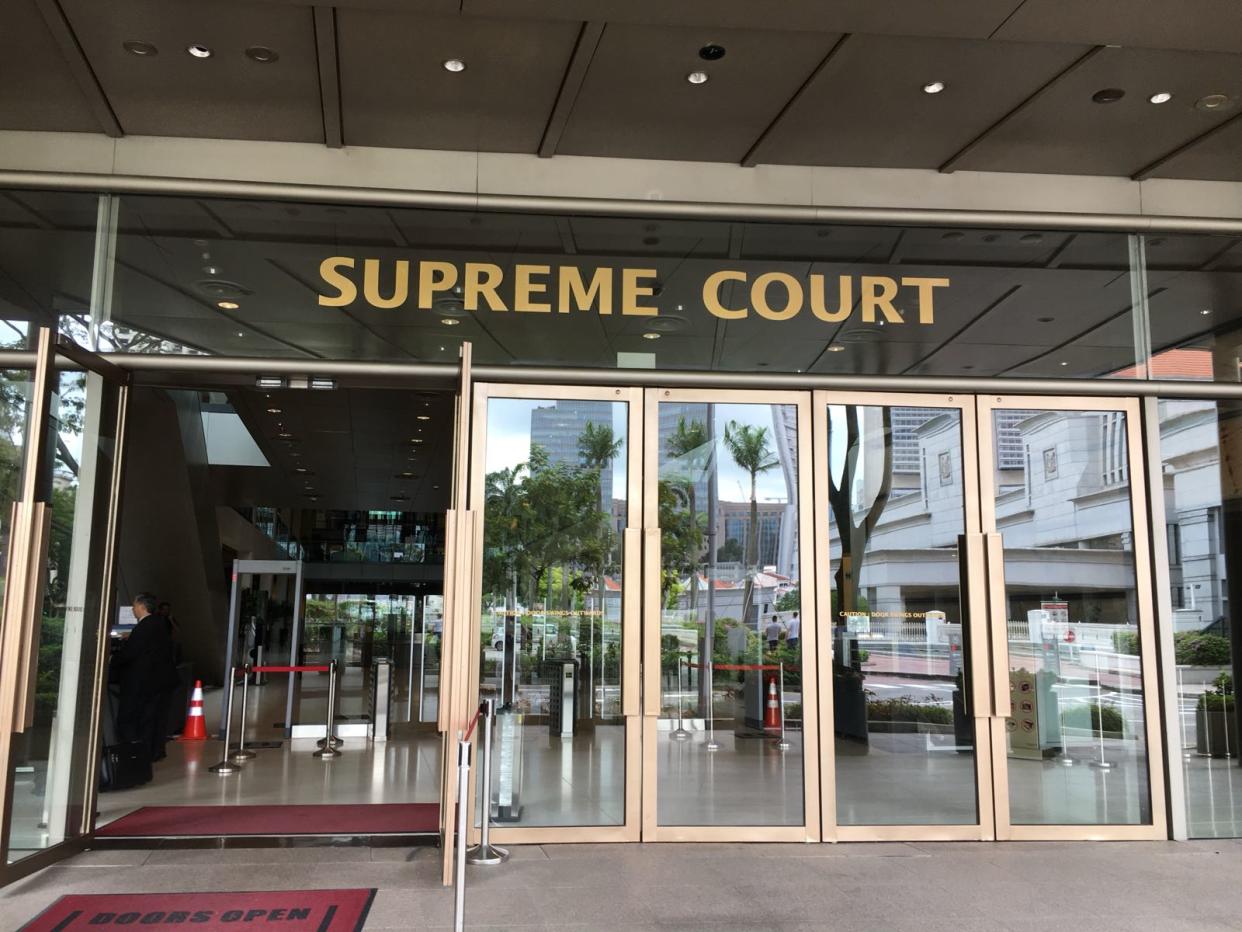AGC to work with ministries on legal revisions to ensure 'appropriate punishments' for CBT

The Attorney-General’s Chambers (AGC) said on Thursday (1 February) that it will work closely with the relevant ministries on Penal Code revisions to ensure that company directors and others in positions of trust and responsibility will get the “appropriate punishments” for committing criminal breach of trust (CBT).
The AGC issued the statement after the Court of Appeal earlier Thursday rejected the prosecution’s bid to have the six former City Harvest church (CHC) leaders’ original sentences reinstated.
Consequently, the sentences that were previously passed by the High Court for CHC founder Kong Hee, 53, deputy senior pastor Tan Ye Peng, 45, former finance committee member John Lam, 50, former fund manager Chew Eng Han, 57, former finance managers Serina Wee, 41, and Sharon Tan, 42, remain unchanged, with the jail terms ranging from seven months to three years six months. Tan has completed serving her sentence.
“In coming to this decision, the Court of Appeal overruled a 1976 High Court decision, which had held that company directors could be convicted for criminal breach of trust under section 409 of the Penal Code. That was the position consistently taken by the courts since 1976, until the High Court which heard the Magistrate’s Appeal for the present case departed (by a 2-1 majority) from the position in the 1976 High Court decision,” said the statement.
Judge of Appeal Andrew Phang said the Court of Appeal agreed with the High Court that the meaning of “agent” within section 409 of the Penal Code referred to a professional agent who offered commercial services to the community at large, which was not what the six CHC leaders were.
“The Court of Appeal has now ruled that company directors, as well as governing board members or key officers of charities and officers of societies, who commit criminal breach of trust of company property are only liable to be punished under section 406 of the Penal Code (Criminal Breach of Trust simpliciter), which provides for a maximum sentence of 7 years’ imprisonment,” said AGC in the statement.
In comparison, under section 409 of the Penal Code, an agent who is convicted of CBT faces life imprisonment or a jail term of up to 20 years, and a fine.
The Court of Appeal noted in its ruling on the CHC case that a “wide-ranging policy review” of the legislative provisions on criminal breach of trust was “essential” and “long overdue”.
In delivering the ruling, the Judge of Appeal (JA) noted that legislature was amended in the United Kingdom and Malaysia to specifically target CBT committed by directors.
“The shaping of a remedy should be left to (Singapore’s) Parliament,” said JA Phang, who was part of the five-judge panel of the highest court in Singapore, which also included Judge of Appeal Judith Prakash, and Justices Belinda Ang, Chua Lee Ming and Quentin Loh.



